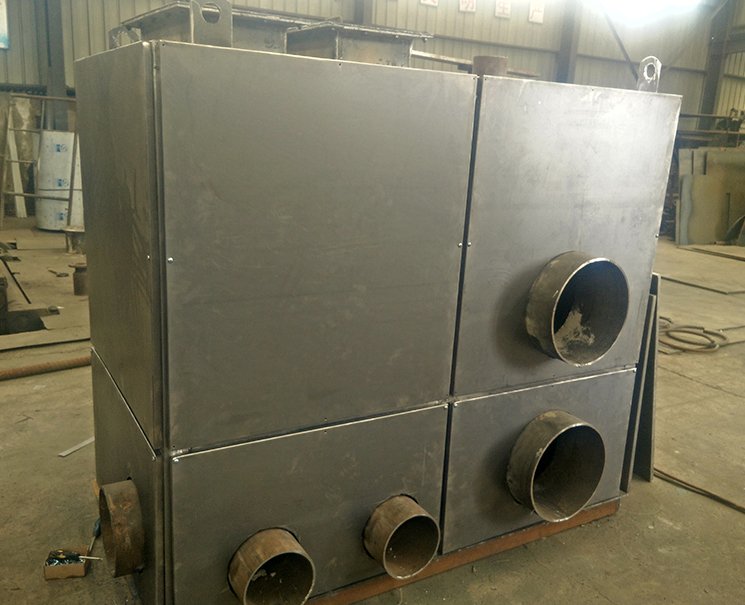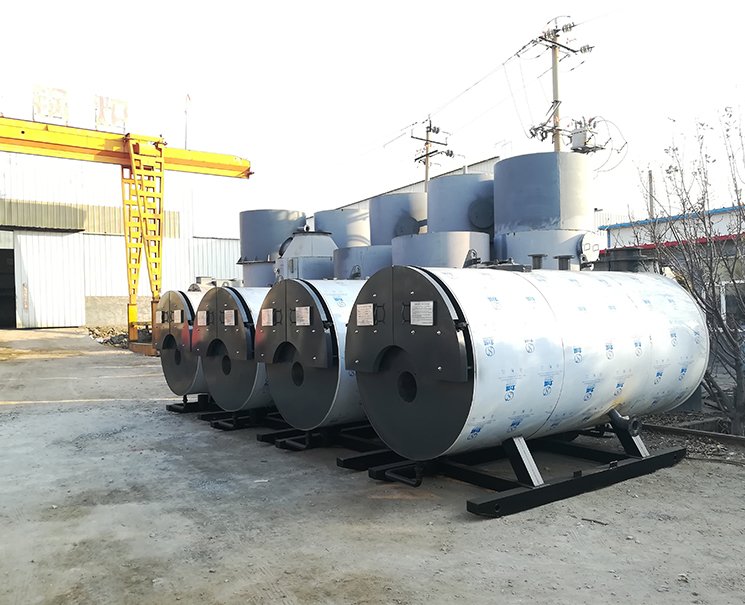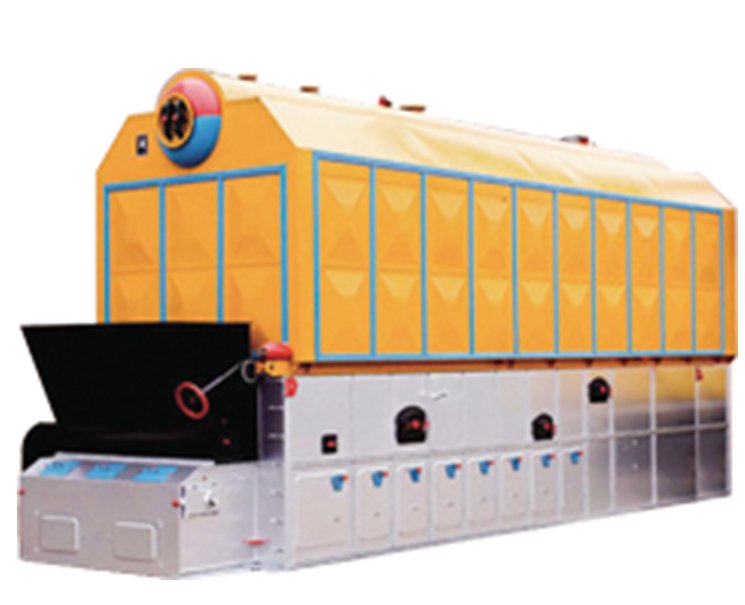Types of Industrial and Commercial Boilers
Industrial and commercial boilers are essential components in various sectors, characterized by their specific designs and operational functionalities. Broadly, the two primary types of boilers are water-tube boilers and fire-tube boilers, each with its unique advantages and applications.
Water-tube boilers operate by circulating water through tubes that are heated externally by combustion gases. This design allows for higher pressure capabilities, making them suitable for industries requiring high steam output and efficiency. Water-tube boilers are often preferred in power generation, chemical processing, and large-scale manufacturing due to their ability to generate steam rapidly and handle fluctuating loads effectively. Their efficiency often exceeds that of fire-tube models, making them a cost-effective choice over time despite the higher initial investment.
Conversely, fire-tube boilers utilize hot gases that flow through tubes submerged in water. This type of boiler is typically less expensive and easier to maintain, making it suitable for small to medium-sized operations. Fire-tube models are commonly found in commercial heating systems and food processing facilities. Although they have a lower steam generation capacity compared to water-tube systems, they are noted for their simplicity and reliability, providing a balanced option for many businesses.
When evaluating the suitability of a boiler type for specific industries, several key characteristics must be considered, including capacity, fuel types, and pressure levels. Common fuel sources such as natural gas, oil, and biomass all have different implications for operating costs and environmental impact. Additionally, understanding the advantages and drawbacks of each boiler type enables businesses to choose the most efficient heating solution tailored to their operational requirements.
Additional Products and Innovations in Boiler Technology
In recent years, the boiler industry has seen significant advancements that enhance the efficiency and environmental performance of industrial and commercial boilers. One such innovation is the development of advanced boiler control systems. These systems utilize sophisticated algorithms and real-time data analytics to optimize boiler performance, leading to improved efficiency and reduced fuel consumption. By closely monitoring various parameters, these control systems can adapt operations to fluctuating demand, ensuring consistent delivery of thermal energy while minimizing energy waste.
Energy recovery solutions also play a pivotal role in modern boiler technology. By capturing waste heat generated during the combustion process, these systems can recycle thermal energy back into the boiler or other processes, thereby maximizing overall efficiency. This not only helps in lowering operational costs but also contributes to a more sustainable energy landscape by reducing the reliance on fossil fuels.
Moreover, state-of-the-art burner technology has emerged as a game-changer in terms of emissions reduction. New burners are designed to achieve optimal combustion, thereby decreasing the output of greenhouse gases and other pollutants. These innovations are particularly relevant in industries seeking to comply with stringent environmental regulations, ensuring that their boiler systems operate within permissible emission limits without sacrificing performance.
The importance of maintenance products and services cannot be overstated, as they are essential for the longevity and optimal operation of boiler systems. Regular maintenance checks, along with the use of high-quality replacement parts and services, help in identifying potential issues before they escalate into significant problems, thus safeguarding the efficiency of the entire system.
Finally, the shift toward environmentally friendly boiler options, including condensing boilers and solutions utilizing renewable energy sources, marks a crucial step forward in addressing the global energy crisis. These innovations allow businesses to lessen their carbon footprint while maintaining operational efficiency.


